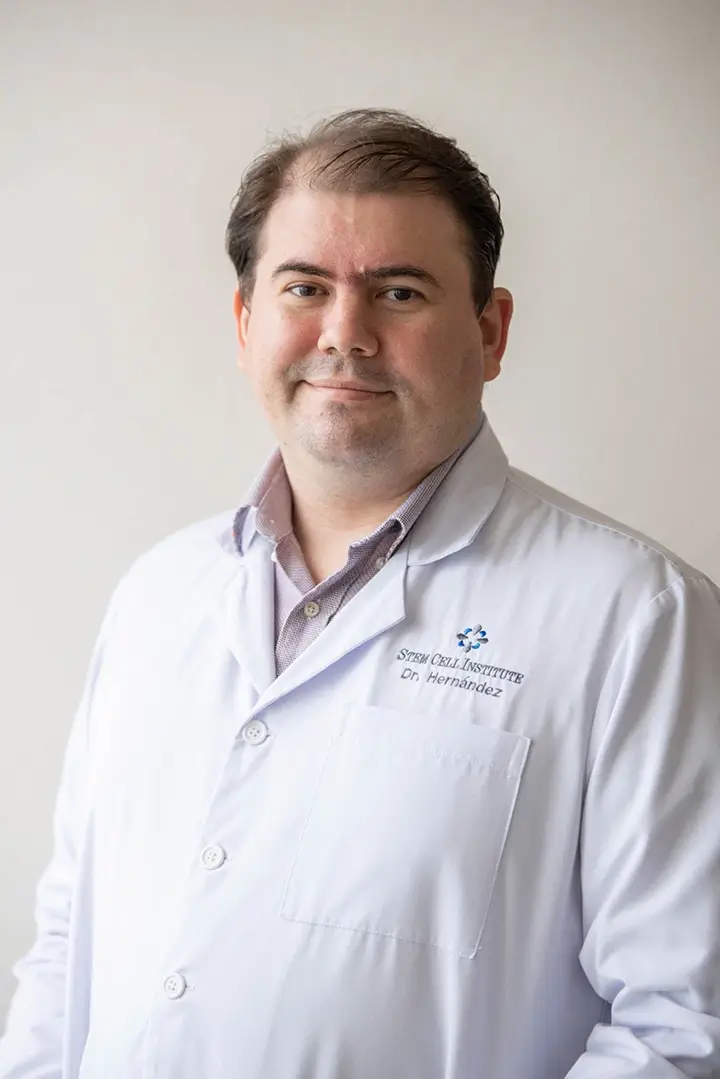The bone marrow contains several stem cell populations that are capable of healing numerous tissues after injury. One interesting question has been whether different types of "semi-artificial" organs can be generated by combining bioengineering with stem cells.
In a recent publication in the Proceedings of the National Academy of Sciences, researchers from Columbia University described the creation of a jaw bone (temporomandibular joint) made in the laboratory.
According to the researchers, this is the first time a complex, anatomically-sized bone has been accurately created in this way. The process involved creation of a "scaffold" that was based on a computer-generated image of the patient, and subsequently stem cells were added to the scaffold to allow them to generate tissue. This process was performed under conditions that replicate the inside of the body, using a device called a bioreactor.
Dr Gordana Vunjak-Novakovic, lead researcher of the study stated: "The availability of personalised bone grafts engineered from the patient’s own stem cells would revolutionise the way we currently treat these defects." She continued "We thought the jawbone would be the most rigorous test of our technique; if you can make this, you can make any shape."
Unfortunately, the laboratory creation only was made of bone and did not contain other body parts such as cartilage, which would have been needed to implant this into a patient. However this does not seem to be very far away.
Last year a beating heart was created using a similar approach in which a scaffold was made with heart tissue that was treated to remove cellular component, and subsequently seeded with stem cells. A video of this heart can be seen at http://www.stemcell.umn.edu/stemcell/faculty/Taylor_D/home.html

